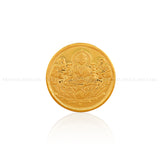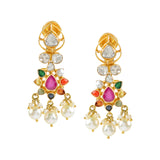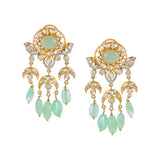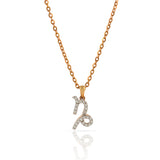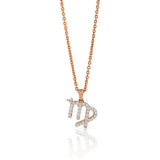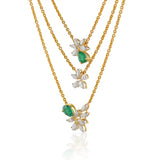The "king of all gems" is a term often used to describe the diamond. Diamonds are considered the king of all gems due to several factors:
Hardness:Diamonds are the hardest naturally occurring substance on Earth, ranking 10 on the Mohs scale of mineral hardness. This exceptional hardness makes diamonds highly resistant to scratching and gives them excellent durability, ensuring their longevity as gemstones.
Brilliance: Diamonds have a unique ability to reflect and refract light, resulting in their exceptional brilliance and sparkle. This characteristic is a significant factor in their popularity and desirability for use in jewelry.
Symbolism:Diamonds are associated with eternal love and commitment, making them the preferred gemstone for engagement rings and other meaningful jewelry pieces. They have come to symbolize endurance, strength, and the eternal nature of relationships.
Rarity:While diamonds are not the rarest gemstone overall, the combination of their remarkable properties and relative scarcity in high-quality and large sizes contributes to their status as a prized gemstone.
Historical Significance:Diamonds have held cultural and historical significance for centuries, being treasured by royalty and nobility throughout history. The allure of diamonds has been perpetuated by famous diamonds like the Hope Diamond and the Koh-i-Noor.
Marketing and Perception:The diamond industry has invested heavily in marketing campaigns that have effectively promoted the desirability and value of diamonds. The famous slogan "A diamond is forever" has become ingrained in popular culture and solidified the diamond's position as a symbol of eternal love.
While diamonds are considered the "king of all gems" by many, it's essential to recognize that gemstone preferences can be subjective and vary based on personal tastes, cultural influences, and historical contexts. Other gemstones like rubies, emeralds, and sapphires also hold significant value and cultural importance, and each gemstone possesses its own unique allure.

